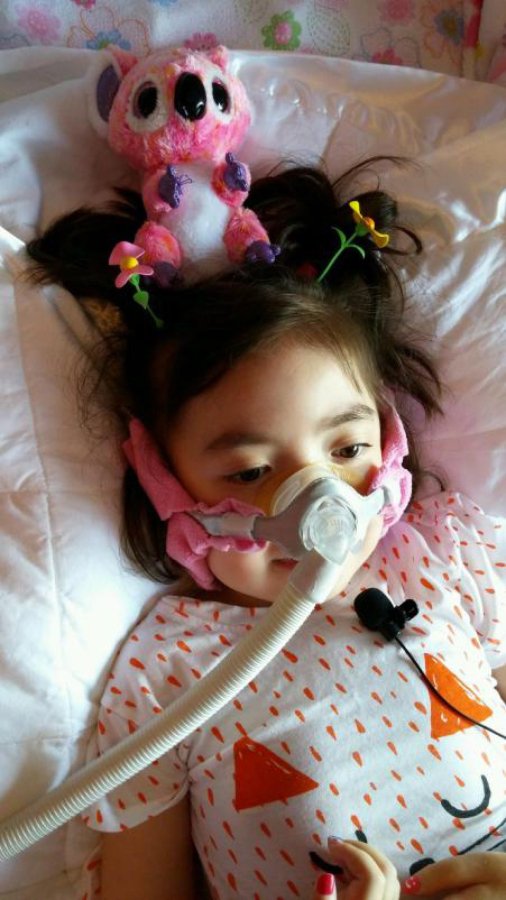‘Our sweet Julianna is finally free. Please do not forget her.’
“One of the reasons we’re continuing to share our story is to make the world a safer place for parents who care for and love terminally ill children,” Dr. Michelle Moon, Julianna’s mother, told People magazine.
On Tuesday, Moon, who has a blog dedicated to her daughter, wrote, “Our sweet Julianna is finally free. Please do not forget her. She lived, she was real, and she mattered.”
From Moon’s blog post:
Dear friends,
Our sweet Julianna went to heaven today. I am stunned and heartbroken, but also thankful. I feel like the luckiest mom in the world, for God somehow entrusted me with this glorious child, and we got almost six years together. I wanted more time, of course, and that’s where the sadness comes in. But she is free now.
I will have more to say later. For now, this is what is in my heart.
Today, I just want the world to know that there was a girl named Julianna.
She was a bright light. An old and delightful soul.
She loved love, and “everyone except for bad guys.”
She was an unabashed princess and she elevated everyone around her. We were all kings, queens, princes and princesses by association.
She urged us to play, to really focus on just playing. She encouraged us to be our most colorful and fabulous self. (One of her last words to me: “What’s that?” to my gray sweater. …)
Her mind was “always going.” It took us to a beautiful world without limits.
Her words were startling. Sometimes I thought that people wouldn’t believe the conversations I recorded. How could a five year old know those things? But if you spent any time with her, you knew.
She fought hard to be here, harder than I’ve seen anyone fight, with a body that was too frail for this world. She was so brave — and I hated that she had to be so brave. This last fight was not to be won by her body. It was tired, and it needed to rest. And when it did, she was comfortable.
Today, she is free. Our sweet Julianna is finally free.
Please do not forget her. She lived, she was real, and she mattered.
I cannot believe that she’s gone. Already, I worry that some of her has faded, and I need to remember all of her. The way her warm little hands felt, the hugs she would give by asking you to drape her arm around your neck. The kisses she blew. They never ran out.
Please remember our precious girl: she was Julianna.



